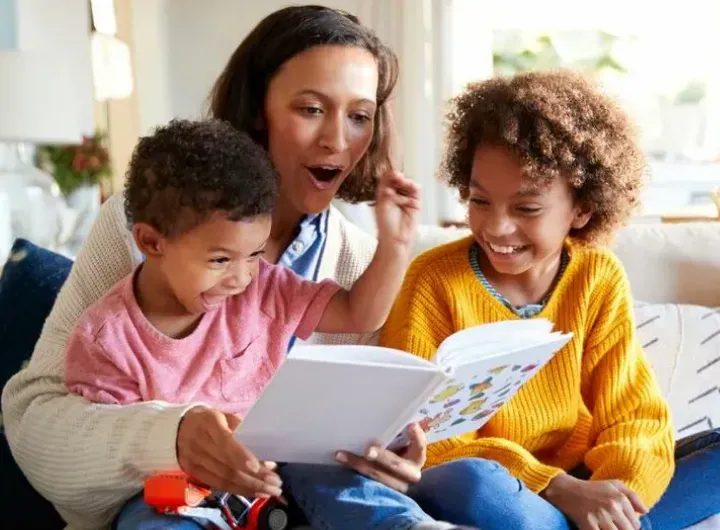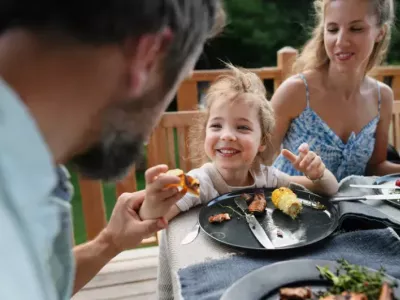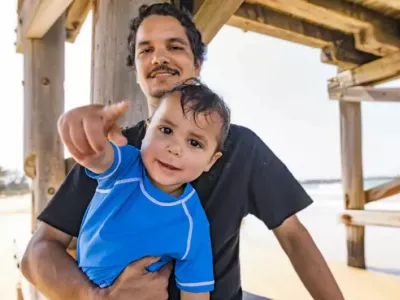Parenting Support Key To Unlocking Covid Generation’s Missing Social Skills

The ripple effects of the pandemic continue to be felt by parents, carers and educators as children struggle with basic social skills like sharing and getting along with others. The Triple P – Positive Parenting Program is now giving parents the support they need to bridge the gap left by Covid-19 and help their children thrive.
Triple P International Country Director, Carol Markie-Dadds, says the disruptions to children’s learning in the past few years continue to impact children’s social and emotional development, with parents needing practical support and strategies to help their child build self-regulation and social skills, including how to cope with emotions and show kindness and empathy.
“Research shows that when children develop the capacity to regulate their feelings and actions – stay calm under pressure - they are better able to cooperate with directions and get along with others,” Ms Markie-Dadds said.
“Our capacity to self-regulate is associated with lifelong outcomes including our physical and mental health, academic achievements, the quality of relationships we have with others, and our future employment and wealth,” she said.
“Children aren’t born with self-regulation and social skills, and not all children develop them at the same rate or age, or with the same level of success. The great news is that parents and carers can help children by modelling and teaching these skills, and giving their child opportunities to practise them at home, school and in the community.”
“Lead by example and show your child how to cope with emotions, as well as how to be kind and empathetic to others. If you praise your child when you see them replaying your behaviours – you’re bound to see more of it.”
“Parents and carers may find it helpful to talk with a professional or access the free, online Triple P – Positive Parenting Program for more tools to support their child’s social and emotional development,” she said.
Triple P’s top tips for building children’s social skills
- Model and talk about the positive behaviours you’d like your child to use. You’ll help children learn by example by greeting others warmly, thanking others for their help, talking respectfully, or sharing a treat with a friend.
- Encourage empathy by talking with your child about how our behaviour impacts how others feel; and what they can do to make others feel good. For example, praise them when they invite another child to play.
- Tune in to your child’s emotional state and notice the early signs of ‘big emotions’ before they escalate; help your child to use their words to express how they’re feeling and the issue at hand, by listening closely and naming the emotion they might be feeling. For example, "that looks really hard, you may be feeling frustrated.”
- Play turn-taking games together to help your child learn about sharing, winning, and losing graciously, being patient, and getting along with others.
- Narrate your own emotions honestly; to show your children how you cope with life’s ups and downs (I’m going for a walk after my hard day; I’m feeling frustrated so I’m going to take some deep breaths). Modelling how we regulate our emotions helps children understand how to appropriately express and cope with their own feelings.
“As your child gets older and puts these skills into practise, they’ll experience what we call an intrinsic reward – that warm inner glow, if you like – that comes from having shown things like kindness, empathy and generosity to others,” Ms Markie-Dadds said.
Delivery of the Triple P – Positive Parenting Program to parents and carers of children in Australia is supported by funding from the Australian Government Department of Health and Aged Care under the Parenting Education and Support Program. Parents and carers can access free, easy-to-use, online parenting support 24/7 at www.triplep-parenting.net.au

